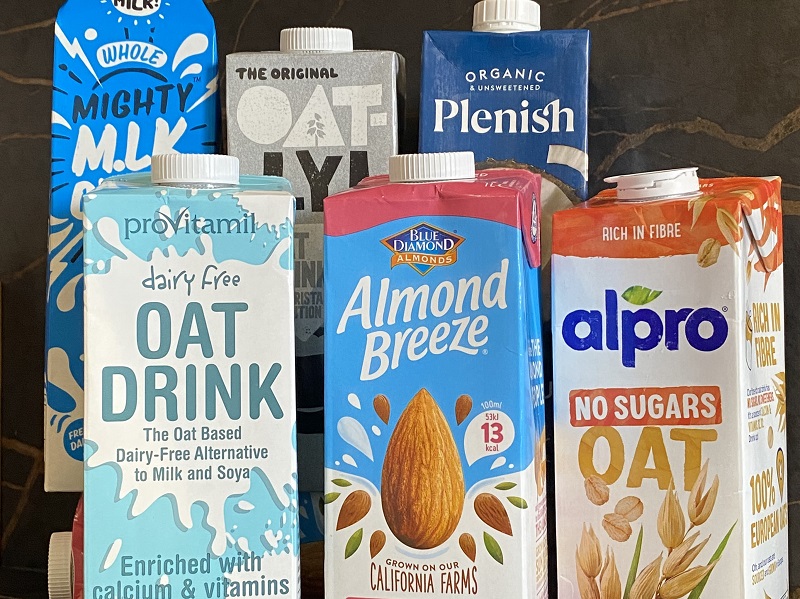There’s nothing new about fasting; Ayurvedic practitioners advocated it thousands of years ago and it is an integral part of many different faith traditions, suggesting there’s a universally accepted benefit – interestingly, way back then there was no differentiation between the health of the mind, body and spirit! And proponents of alternate-day fasting claim this is how our cave-ancestors remained lean; although I suspect the truth is different – instead of rigid “on/off” eating they had food supply uncertainty plus they did a lot of running around to catch it!
In recent year modern “twists” on fasting have become a widespread way of controlling weight. The 5/2 diet was in vogue for a while but now a reduced “eating window” is becoming more popular more. However, I see a varying degree of success amongst clients who have been diligently following some kind of fasting-regime for weight loss. From where I sit, it is often obvious to me who will “get on” with a fasting regime and who will find it both mentally and physically exhausting so I’ve decided to share a few of my thoughts ….
Fasting for Weight Loss
Weight loss is the primary reason for fasting amongst the clients I see and, whilst obesity is clearly a health risk, many weight loss programmes actually endanger good health as they rely on drastic calorie restriction. Calorie restriction often works well for individuals who’ve not tried dieting before and can be a good option for anyone trying to kick-start weight loss for the first time. But, often weight-loss clients have been “chronic dieters” throughout their lives; this will have slowed their metabolism, caused them to lose lean muscle mass, disrupted their blood sugar balance, led to episodes of “binge” eating and left them feeling reliant on some form of calorie restriction to control their weight. Plus, long-term calorie restriction can cause ongoing muscle loss, affect mental wellbeing, contribute to physiological stress and lead to nutrient deficiencies.
So, step forward intermittent fasting. This does not necessarily involve drastic reduction in calories; the principle is that you eat all your calories in a shortened window (e.g. 8-10 hours) – primarily to improve blood sugar instability, reduce circulating insulin levels through the longer fasting period and, consequently improve insulin sensitivity. For this to be a healthy and sustainable approach to weight management, all the food eaten within the eating window needs to be nutrient dense – i.e. supplying both the right amount of macro and micro nutrients. It really is about counting nutrients not calories.
However, for anyone who is chronically stressed, fasting can further tax already over-burdened adrenals and risk further health deterioration. In these cases I will offer other strategies to re-balance blood sugar, rev up metabolism and address suspected deficiencies with targeted supplementation. Smaller adjustments to meal timings may be more appropriate and can be effective when combined with macro-nutrient adjustments – reducing calories from simple carbohydrates and/or eating more lean protein for example.
Fasting for Health Benefits
So what about intermittent fasting for health benefits? Some research suggests that fasting can fight cancer, reverse *Metabolic Syndrome and slow Alzheimer’s disease. Many studies have been carried out on mice/rats so more human research is clearly required but many scientists are confident that prolonged periods of time without food stimulates the body to repair itself by targeting damaged cells and then eating them for fuel, a process known as autophagy. Cells naturally get damaged and die so this is simply routine “maintenance”! The bad news is that you need to completely starve for a minimum of 48 hours before autophagy “kicks in” and even a small amount of food will halt the process. Although, there is the “Fast Mimicking” diet, pioneered by Valter Longo, but this is a very prescriptive diet and not easy to replicate without buying into his programme.
Conclusions
In a nutshell, I believe there is a place for intermittent fasting and the potential health benefits are exciting. But when it comes to fasting for weight loss I need to feel absolutely sure that my clients have a sufficiently robust adrenal health and are savvy enough to eat enough good quality food – both macro an micro nutrients – in their chosen eating window. It can work well as a short-term strategy but, if it is to become a longer term approach to eating then it needs to be carefully adjusted to each individual; no different to managing any other health concern, lifestyle and dietary interventions will be most successful when they are completely personalised.
*Metabolic syndrome is a collection of health risk factors that include central adiposity, insulin resistance, hypertension and high cholesterol. This cluster of risk factors is linked to an increased risk of developing type 2 diabetes and cardiovascular disease.







